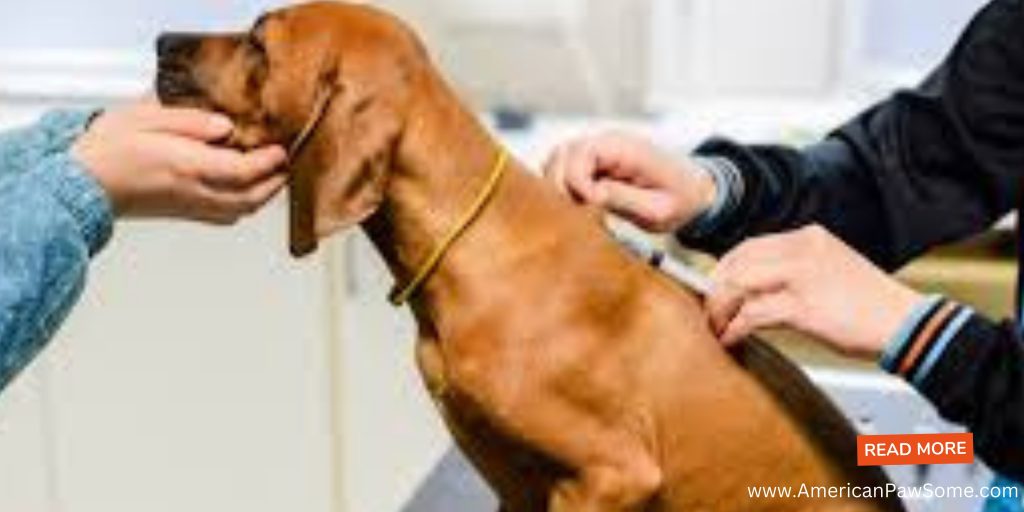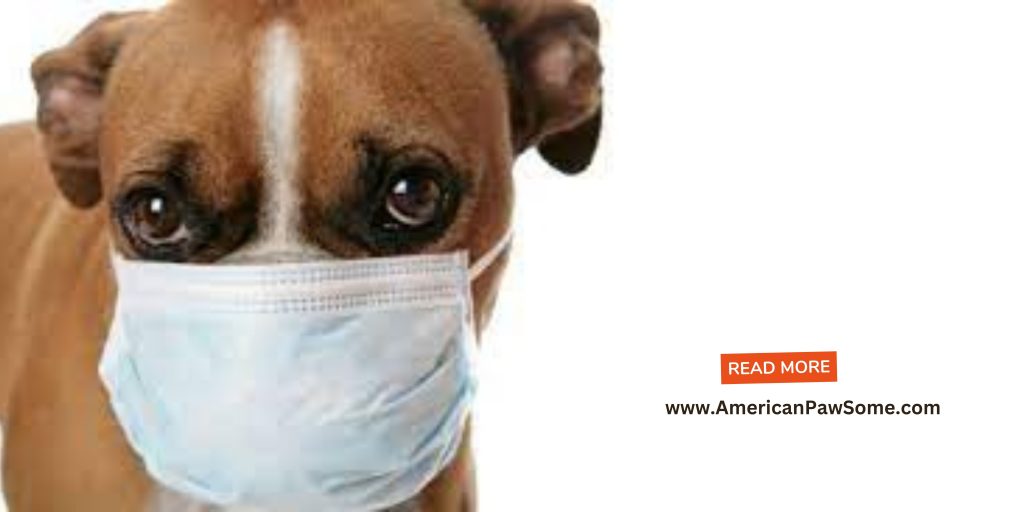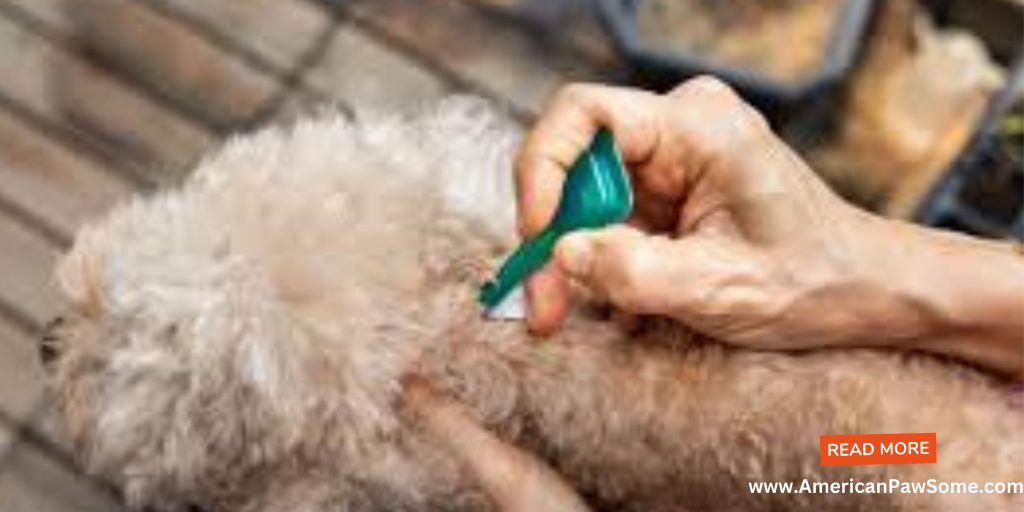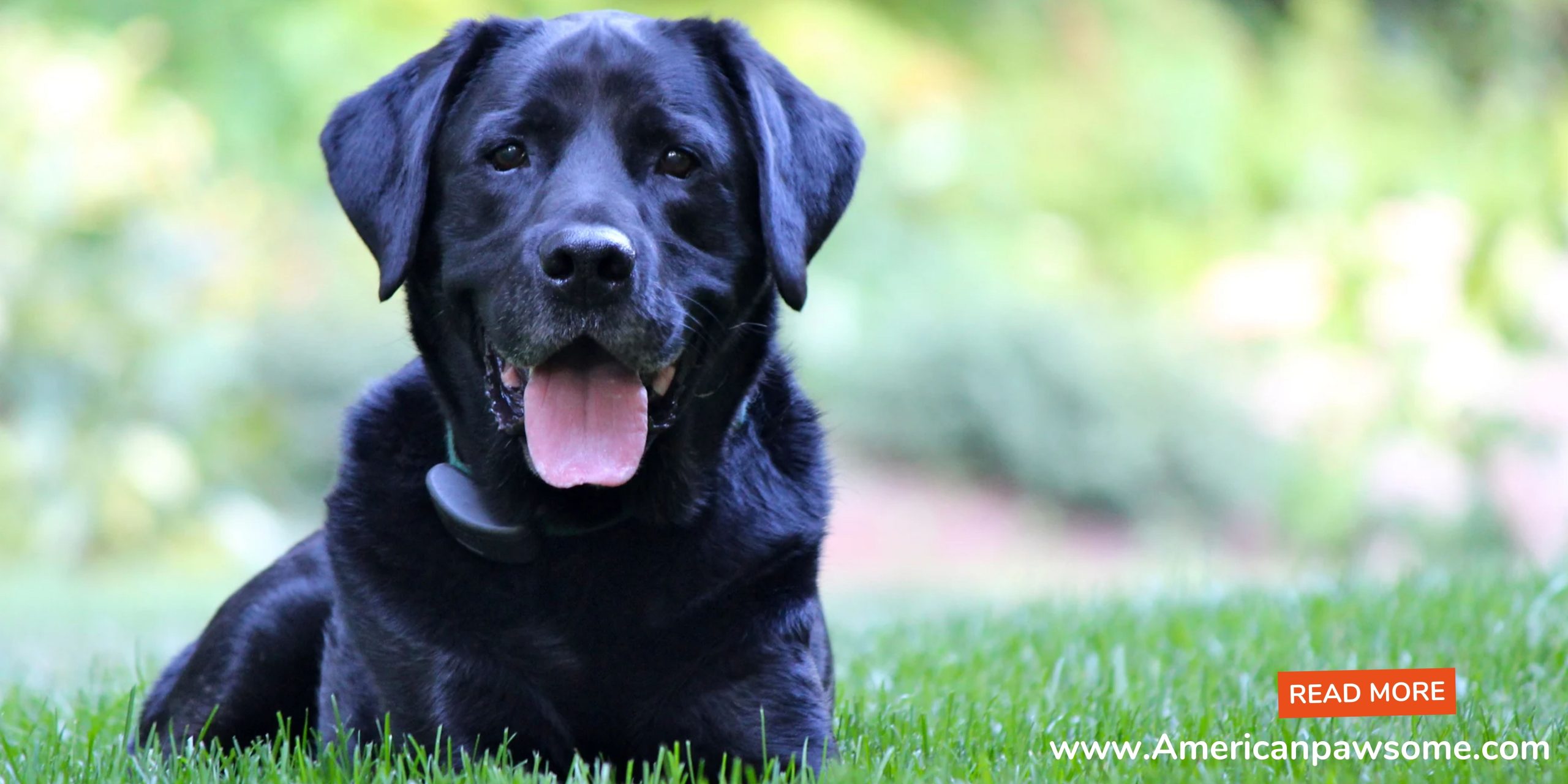Hey, fellow dog enthusiast! We all know our fur babies mean the world to us, and their health is a big deal. One thing that can throw a wrench in their happiness is kennel cough. It’s like a common cold for dogs, and in this article, let’s chat about how you can tell if your pup might be going through it and what you can do to help them feel better in no time. your furry buddy can totally catch kennel cough in places like dog parks or just out on the street where there are other pups around. My own dog, got it from sharing water bowls at a dog park!
So, today we’re gonna dig into all the the possibilities about kennel cough – what it is, what signs to look out for, and how to treat it. It’s all about keeping our furry pals safe and sound! Cheers!”
Cracking the Kennel Cough Code:
Alright, let’s break it down.
Ever noticed your dog suddenly coughing or hacking? That might be Kennel Cough.
You checked, and there’s nothing stuck in their throat. So, it’s likely kennel cough, a sickness causing harsh coughing. Kennel cough spreads easily among dogs, not just in kennels, but also in places like parks or streets where dogs hang out. Now, let’s talk about the basics. Kennel cough is a highly contagious doggy illness. It’s like a common cold but for dogs. They catch it from other dogs through tiny droplets in the air. If you have more than one dog, it’s a good idea to keep them apart until the sick one gets better. After being exposed, it can take up to 10 days for your dog to show signs of kennel cough. So, remember, it’s always good to keep an eye out for any unusual coughing in your furry friend! Kennel cough is this annoying cough dogs can pick up when they’re chilling with other dogs. Think of it like a party crasher that brings along some bacteria and viruses, mainly this sneaky one called Bordetella bronchiseptica.
Decoding the Signs of Kennel Cough:

Now, let’s get real – How Do I Know If My Dog Has Kennel Cough? Look out for these clues:
- Coughing: If your dog starts coughing up a storm like they’ve got a tickle in their throat, kennel cough might be the culprit. The cough can sound pretty dry and persistent, especially after playtime or excitement.
- Sneezing and Sniffles: Just like us, dogs can get the sniffles too. So if your pup’s sneezing or their nose is a bit runny, that’s your cue to pay attention.
- Energy Slump: Is your usually lively pal suddenly acting like they’re in slo-mo? Dogs with kennel cough can feel a bit under the weather and not as peppy as usual.
- Appetite Drop: Keep an eye on their appetite. If they’re not as interested in their food as before, something might be off.
- Fever Feels: Feeling warm? Dogs with kennel cough might run a fever. You can double-check with a thermometer – a dog’s normal temperature hangs around 100.5°F to 102.5°F (38°C to 39.2°C).
What is the typical duration of kennel cough?

Kennel cough, scientifically known as canine infectious tracheobronchitis, is a contagious respiratory ailment primarily affecting dogs. The duration of this condition isn’t set in stone, as it depends on various factors including the dog’s overall health, the seriousness of the infection, and the specific pathogens involved.
As a general guideline, the duration of kennel cough can span from about 1 to 3 weeks. Mild cases might clear up within a week, while more severe instances could persist for up to three weeks before the dog fully recuperates. It’s worth noting that even after the overt symptoms have subsided, a lingering cough might persist for a few additional weeks as the dog’s respiratory system continues to heal.
During this period, seeking proper veterinary attention and ensuring the dog gets sufficient rest are vital. If your dog exhibits signs like a persistent cough, sneezing, nasal discharge, and mild lethargy, it’s prudent to seek advice from a veterinarian. Depending on the case, the vet might prescribe antibiotics or other medications to manage the infection and ease the symptoms. Moreover, isolating the infected dog from other dogs can aid in preventing the ailment’s spread – the term “kennel cough” stems from its frequent occurrence in places like kennels. Regular vaccinations and good hygiene practices also play a pivotal role in both preventing and managing kennel cough.
Is Kennel Cough Deadly for Dogs?

So, can kennel cough pose a lethal threat to dogs? The answer is usually no, but there are factors to consider.
Kennel cough, characterized by a persistent cough, sneezing, and nasal discharge, is a common canine ailment. For healthy dogs, it’s often a passing inconvenience that clears up within a few weeks. However, there are scenarios where it could take a more serious turn.
Factors that can increase the risk of complications include the dog’s age and overall health. Puppies and older dogs, with their less robust immune systems, are more susceptible. Dogs with pre-existing health issues are also at a higher risk.
Another consideration is the environment. Kennel cough spreads through close contact and airborne droplets. In places where dogs gather in numbers, like kennels or dog parks, the risk of transmission is elevated.
How Do I Know If My Dog Has Kennel Cough?
If you suspect your dog has kennel cough, watch for a persistent dry cough, often accompanied by gagging or retching. This cough may intensify with excitement or after physical activity. Additionally, your dog might have a runny nose, occasional sneezing, and mild lethargy. While kennel cough is usually not severe and tends to resolve on its own, consult your vet if symptoms persist or worsen. They can offer guidance and, if necessary, recommend treatment for your furry friend’s comfort and quick recovery. Early attention ensures your dog’s well-being.
When to Chat with the Vet:

The most important question is “How Do I Know If My Dog Has Kennel Cough?” If you are Spotting these signs? It’s time for a heart-to-heart with your vet. Even though kennel cough usually clears up on its own, you want to rule out anything more serious like doggy flu or pneumonia. Your vet might suggest antibiotics if it’s a bacterial thing or some cough meds to make your pup more comfortable. Here are the times you should definitely have a chat with your vet:
- When the Cough Persists: If your pup’s coughing doesn’t ease up after a few days or it gets worse, it’s time to ring up your vet.
- Breathing Troubles: If your dog seems to be struggling to catch their breath, or if their breathing sounds off, don’t wait – call the vet right away.
- Changes in Behavior: If your furry friend suddenly seems low on energy, or they’re acting out of character, it’s a sign that you should talk to the vet.
- Keep an Eye on Extra Symptoms: Watch out for things like a fever, loss of appetite, or any weird discharge from their eyes or nose. These can signal something more serious.
- More Than One Pooch at Home: If you’ve got a few dogs at home, especially if they haven’t had the kennel cough shot, a vet consult is a smart move to prevent it from spreading.
- Questions About Medication: If your vet gives you meds for kennel cough and you’re unsure about how to give them, don’t hesitate to ask your vet for guidance.
- Existing Health Issues: If your dog already has other health problems, it’s even more important to talk to the vet for advice that’s tailored to your pet.
Vaccine For Kennel Cough
Making sure your beloved furry friend gets the kennel cough vaccine is really important, especially if they’re going to be around lots of other dogs, like at shows or in obedience classes.
You can give the kennel cough vaccine through a shot or spraying it into their nose, and it starts working quickly. It’s a good idea to have a chat with your vet to figure out which option is best for your pet.
Nipping It in the Bud:

Prevention is key, amigo. To dodge the kennel cough drama, keep these tips in mind:
- Vaccination: Stay on top of those shots, especially the Bordetella one. It gives your furry sidekick some defense against certain forms of kennel cough.
- Clean Zone: A tidy space is a happy place. Regularly clean their bowls, beds, and toys to keep those germs in check.
- Crowd Caution: Hanging out in crowded doggy spots can up the risk of catching the cough. If there’s a kennel cough buzz, maybe skip the outing.
- Time Out: If your pup does get hit with kennel cough, give them some solo time. This keeps the cough from spreading to their buddies.
Additional Care for Dog In Kennel Cough:
When your dog has kennel cough, it’s important to keep in mind that their throat is sore and irritated, making walking a bit uncomfortable for them. Be gentle with the leash and try not to pull too hard, as they need space to recover comfortably.
If you can, opt for using a harness instead of a regular collar and leash. A harness distributes pressure more evenly across your dog’s back, minimizing any further discomfort in their throat. This way, you can guide them during walks without inadvertently causing more irritation in that area.
Frequently Asked Questions About Dog’s Kennel Cough
So, what’s the deal with kennel cough? How can my dog catch it?
Picture this: kennel cough is like a doggy cold, and your pup can catch it when they’re hanging out with their canine pals, especially in spots like dog parks or daycare centers.
Are there any signs apart from coughing that my dog might have kennel cough?
Absolutely! Look out for sneezing, a runny nose, low energy, appetite loss, and sometimes a slight fever.
Wait, my dog’s been vaccinated Can they still get kennel cough?
Yep, even vaccinated dogs aren’t entirely off the hook. But the good news is, their symptoms are usually milder.
How soon do symptoms show up if my dog’s caught kennel cough?
Keep your eyes peeled – symptoms tend to pop up about a week after your furry friend’s been exposed to the cough-causing bugs.
When should I chat with a vet if I suspect kennel cough?
Trust your gut. If your dog’s got a cough that just won’t quit, a runny nose or anything else that seems off, reach out to a vet for some advice.
Can humans catch this cough from dogs too?
It’s rare, but it’s possible. Some of the germs behind kennel cough might give humans a bit of a cough too.
What’s the vet’s game plan for treating kennel cough?
For mild cases, rest might be the prescription. But if it’s serious, the vet might recommend antibiotics or cough medicine to ease your pup’s discomfort.
Is there an age limit to who can get kennel cough?
Nope, whether they’re young pups or wise old dogs, anyone can catch the cough. Although, the little ones and seniors might be a tad more vulnerable.
Can I shield my dog from kennel cough entirely?
While you can’t create a bubble, you can definitely lower the risk. Keep their shots updated, tidy up their space, steer clear of doggy crowds during cough outbreaks, and limit their hangout time with potentially infected buddies.
How long till my dog’s back to their usual self after kennel cough?
If it’s a mild case, they might bounce back in a couple of weeks. But if it’s a tougher one, it could take up to 6 weeks or even more.
Should I keep my dog in isolation if they’re dealing with kennel cough?
It’s a good call. Give your pup some solo time to prevent the cough from spreading.
Can I use regular human cough syrup for my dog’s kennel cough?
Before you play doctor, have a chat with your vet. Some human meds can be a no-go for dogs.
Are there other health issues that look like kennel cough?
Absolutely. Things like dog flu or heartworm can mimic the cough’s symptoms, so a vet’s advice is priceless.
Can my dog still play and exercise with kennel cough?
While they’re on the mend, it’s best to take it easy. Let them rest up before they dive back into their usual antics.
Bottom Line
Knowing the ropes when it comes to spotting kennel cough can be a game-changer for your pup. Staying up on shots, keeping their surroundings clean, and being mindful of busy dog zones can save your furry friend from the cough blues. And remember, if you’re suspecting a case of the cough, a visit to the vet is like a superhero move. Your dog will be tail-waggingly thankful!
